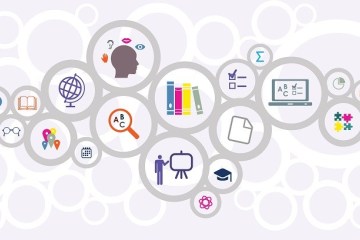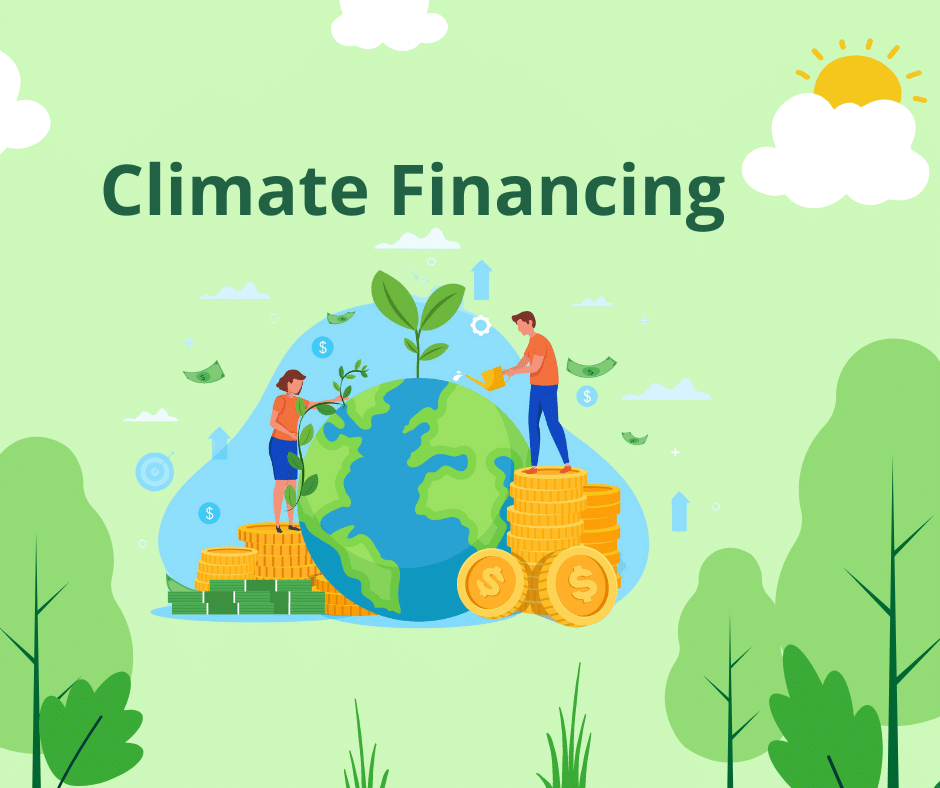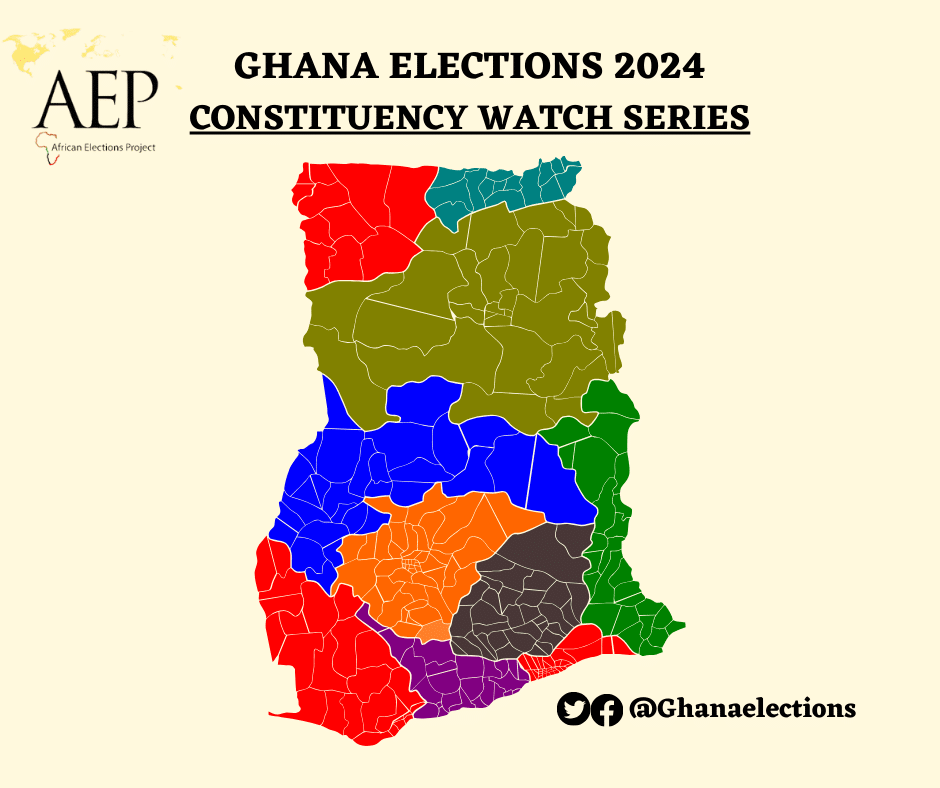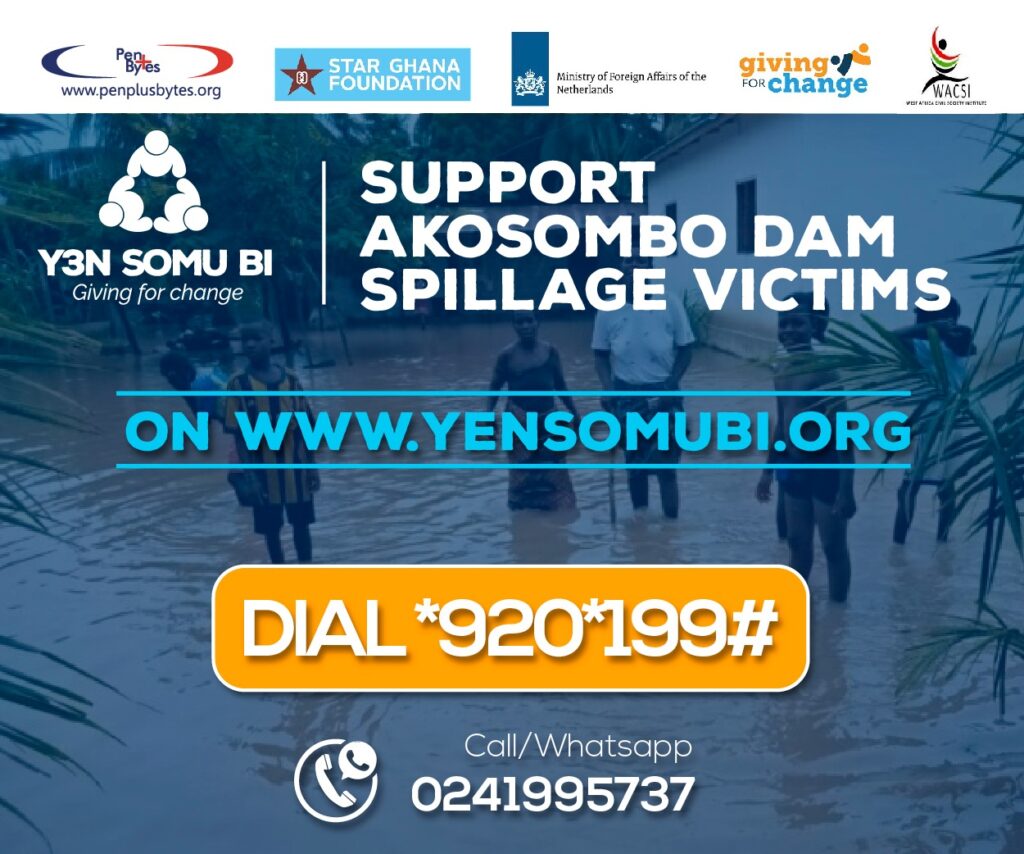Media and other information providers, including netizens, play an essential role as drivers of sustainable development. They influence the way people learn about themselves and the world around them. They can affect the way other people’s cultures, religions and ethnic groups are perceived. They also aid the understanding of inclusive politics and governance, environment, human rights, global citizenship in a digital age, and other sustainable development issues. For media to effectively contribute to development, they must be free, independent and pluralistic. The problem is that, often there is a disconnection between media and civil society. This is particularly so with traditional media. On one hand media are seen as elitist by civil society. On the other, civil society lack the competencies to hold media and other information providers, accountable.
In the online environment citizens in general lack the competencies assess their behaviour online and that of others, including in relation to growing occurrences of hate speech. In emerging democracies and economies such as target countries in Africa, Asia, Eastern Europe, and Latin America and the Caribbean media development processes often lacks strong civil society involvement. Focus is, out of necessity, given to training of journalists and media owners, self-regulation; professional standards and ethics.
Therefore, the ideals of free, independent and pluralistic media fall short of public expectations. Consequently, media integrity and their contribution to sustainable development come into disrepute. Free, independent and pluralistic media are central to building inclusive knowledge societies.
The media, Internet, and ICTs – when they are free, independent and pluralistic, can greatly facilitate access to information which remains a top priority for Africa’s media landscape. However, there remain substantive challenges related to furthering their reach and addressing media and information literacy needs among all citizens to stimulate effective participation in the democratic and governance processes. Having access to information is a necessity but the impact of this access is magnified exponentially when citizens have the competencies (knowledge, skills and attitude) to critically and effectively engage with the media, internet and other information providers. Africa is lagging behind the rest of the world with respect to take-up of media and information literacy. There are promising initiatives in a few countries such as South Africa, Nigeria, Uganda, Morocco and others.
Ghana is now catching on with this but the strides remain questionable as access to information is usually left to media professional when it is rightly a civic education concern. The National Commission on Civic Education, the government agency duly mandated to deliver on this has over the years been under resourced to implement its basic functions how much more educating citizens on rights to access information and engage information providers appropriately. It therefore behoves on civil society groups, educational institutions and youth groups to take up this challenge.
The era when media and information literacy has become truly relevant is now. Media literacy has become a centre of gravity for countering “fake news,” and a diverse array of stakeholders – from educators to legislators, philanthropists to technologists – have pushed significant resources toward media literacy programs. Ghana needs to take a critical look at the need for such competencies particularly as the country proceeds to the polls in 2020.






